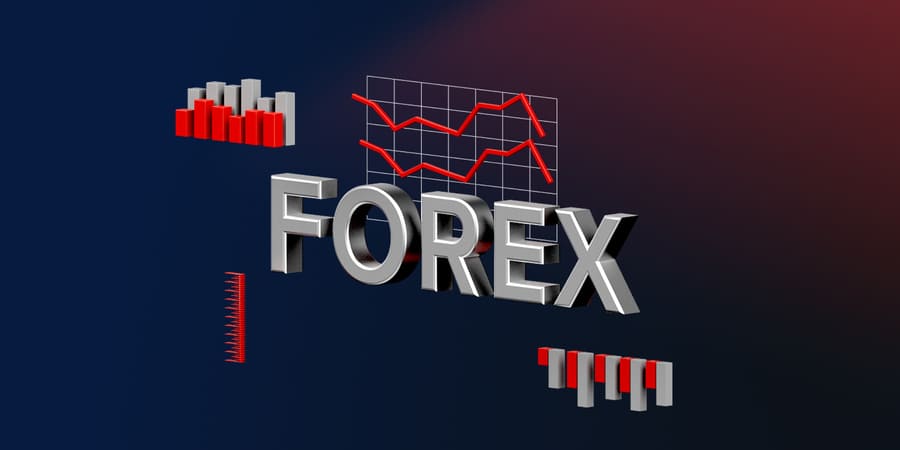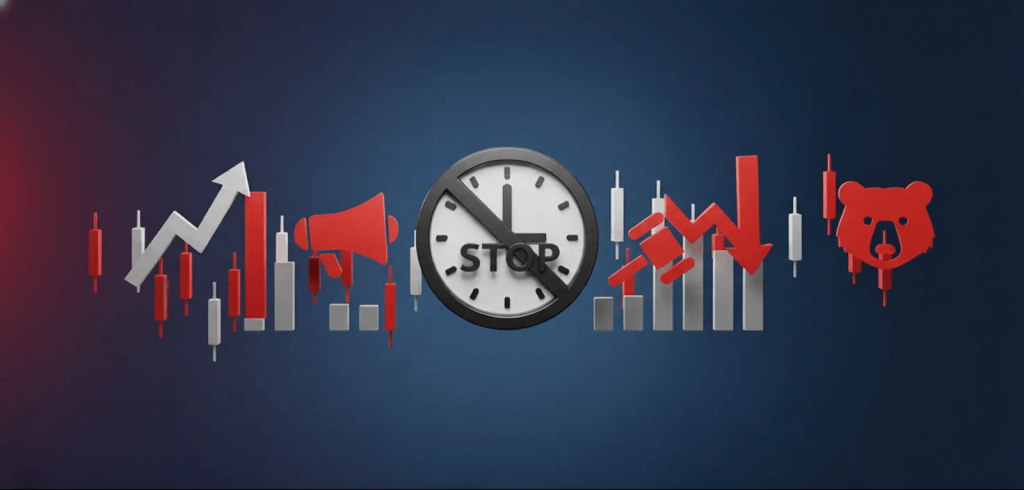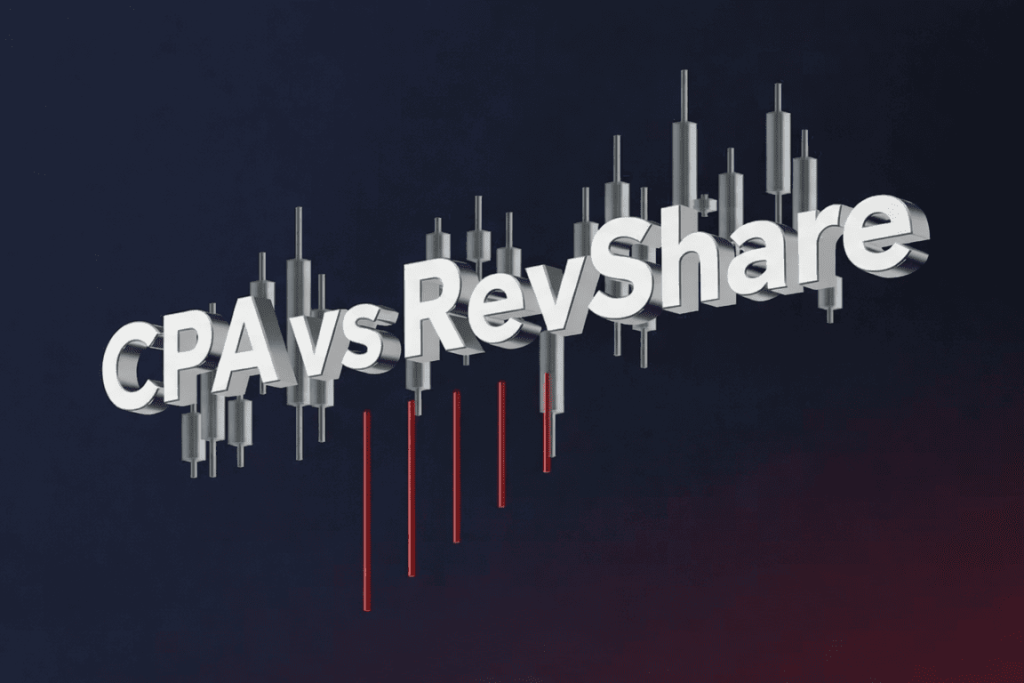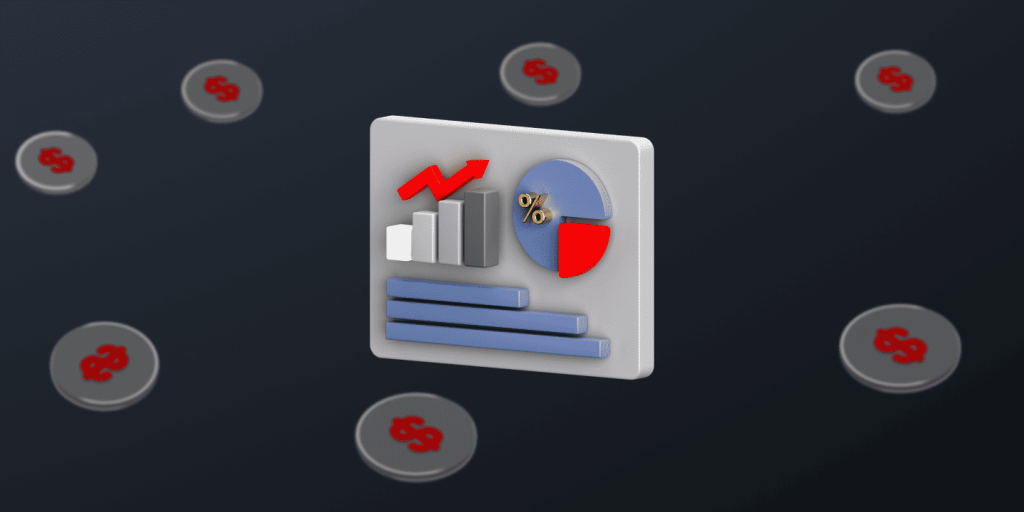
What Are Forex Managed Accounts?
Contents
A forex managed account is a trading account handled by a professional money manager who makes currency trades on behalf of a client. Investors give control of the capital to the manager and pay fees typically structured as performance-based (usually 20% to 30% of profits, according to investopedia.com). This setup provides retail investors access to expert-level trading strategies and tight risk controls in the high-leverage forex market.
How Forex Managed Accounts Work
Forex managed accounts are often structured as PAMM (Percentage Allocation Management Module) accounts. They allow investors to hand over trading control to experienced money managers. Investors deposit capital into a managed account. This grant the manager limited power of attorney to execute trades on their behalf.
Typically, the setup operates as follows:
- Investors select a manager based on track record and strategy.
- Capital from multiple investors may be pooled.
- Managers trade using their own capital combined with investor funds.
- Profits and losses are distributed based on each investor’s share of the total capital.
- Managers charge performance fees, often between 20 % and 30 % of profits. Sometimes, an annual management fee ranging from 0.5 % to 2 % of assets under management.
Investors can monitor performance through broker dashboards and typically access transparent reporting. Managers implement risk tools such as stop-losses, defined position sizes, and portfolio diversification. If the manager achieves profit, they receive their agreed fee, while investors retain the remainder. If losses occur, neither party earns fees, though investors bear the account drawdown.
Managed forex accounts offer a blend of convenience and access to expertise. It’s ideal for investors who want trading exposure without active involvement, while still retaining visibility into performance.
Advantages of Forex Managed Accounts
Forex managed accounts appeal to investors who want exposure to the forex market without the pressure of daily trading. While returns are never guaranteed, this setup offers several structural benefits:
Professional Trading Expertise
Managed accounts give investors access to seasoned traders who use structured strategies, risk controls, and years of experience. These managers often rely on tested systems and real-time market data, making them more capable of navigating volatility than novice retail traders.
You may also like

Passive Involvement
Unlike self-directed trading, managed accounts allow investors to participate in the forex market passively. Once funds are deposited, the investor does not need to manage trades, interpret charts, or follow economic news. The manager handles all trading decisions, freeing the investor from daily execution stress.
Risk Management Protocols
Most managed accounts are governed by strict risk parameters such as maximum drawdown limits, stop-loss settings, and predefined leverage ratios. While losses are still possible, these systems aim to reduce uncontrolled exposure and protect capital during market swings.
Transparency and Real-Time Monitoring
Investors retain access to their accounts through the broker’s portal. They can monitor open positions, profit and loss, equity levels, and historical performance without interference. This provides peace of mind and full visibility into how the account is being managed.
Flexible Investment Sizes
Depending on the broker or platform, investors can often start with relatively low minimums (e.g., $1,000 to $5,000), allowing diversification across multiple managers or strategies. Some platforms also offer pooled accounts that lower the entry barrier further.
Diversification Potential
Forex managed accounts can serve as an alternative investment strategy in a broader portfolio. By gaining exposure to currency markets, investors can reduce their dependence on equities or bonds and hedge against macroeconomic risks such as inflation or geopolitical shocks.
Risks and Considerations
Investing in a forex managed account involves critical risks:
- Market Risk: Forex markets can be highly volatile. Even skilled money managers may suffer significant drawdowns.
- Manager Risk: Returns depend on trader skill, discipline, and integrity. Cases of fraud and mismanagement exist and highlight the importance of due diligence.
- Liquidity Constraints: Some accounts limit withdrawals or impose fixed withdrawal windows, affecting investor access to funds.
- Fee Effect on Returns: High performance and management fees reduce net investor returns, even when gross performance is strong
Fee Structures in Forex Managed Accounts
Forex managed accounts typically use a performance fee model, where the manager earns a share, usually between 20% and 30% of any profits generated. These fees are commonly based on net gains after covering trading costs.
- Performance Fee – Charged as a percentage of net profits, usually between 20% and 30%. Often includes a high-water mark, meaning fees are only applied to new gains above the previous peak.
- Management Fee – An annual charge ranging from 0.5% to 2% of assets under management. Applied regardless of account performance, typically deducted monthly or quarterly.
- Tiered Incentive Fee Structure – Some managers apply higher fees on returns above specific thresholds (e.g., 20% fee on first 10%, 30% on gains above that). Designed to align manager incentives with stronger performance.
- Commission or Spread Sharing – Managers may earn additional income through arrangements with brokers. This can include sharing wider spreads or per-trade commissions, which may not always be disclosed.
- Withdrawal or Exit Fees – Some accounts impose a charge for early fund withdrawals. Common ranges are 1% to 3%, especially during lock-in periods.
- Platform or Administrative Fees – Fixed monthly costs or percentage-based platform usage fees may be applied. These charges are usually associated with PAMM/MAM infrastructure and may be passed on to the investor.
How to Select a Forex Account Manager
Choosing the right forex money manager is critical and involves careful research. Use the following guide to ensure you select a professional, reliable trader:
Check Track Record and Performance
Request at least one to three years of verified trading history. Focus on metrics like annual returns, maximum drawdown, and consistency. Managers with steady returns and low drawdown are preferable over those showing explosive but sporadic gains.
Verify Regulation and Reputation
Prefer managers regulated under reputable financial authorities such as the FCA, CFTC, or ASIC. Regulation adds credibility and enforces compliance. Check independent review platforms like Forex Peace Army or Myfxbook for client feedback and warnings.
Understand Trading Strategy and Risk Controls
Ask detailed questions about their strategy. Are they scalpers, swing traders, or trend followers? A suitable strategy should match your risk tolerance. Also inquire about risk management measures such as position sizing, stop-loss settings, and diversification principles.
Review Fee Structure and Incentives
Clarify performance and management fees in writing. High fees can erode investor returns if not tied to performance. Look for structures that reward long-term success and discourage excessive risk-taking.
Assess Communication and Transparency
Choose a manager who provides regular updates, detailed trade reporting, and is responsive to queries. Investors should be able to access account statements and profit/loss data via the broker portal at any time.
Start Small and Monitor Closely
Begin with a smaller capital allocation to test the account manager’s performance and compatibility with your expectations. Monitor performance on an ongoing basis to confirm whether they deliver consistent, risk-aligned returns.
Selecting a professional account manager is a process that blends quantitative analysis with qualitative judgment. Following these steps increases your odds of partnering with a skilled, trustworthy trader who aligns with your financial goals.
Legal and Tax Considerations for Forex Managed Accounts
Investing through a forex managed account involves regulatory oversight, tax obligations and contractual commitments. Understanding these elements is essential for protecting both your capital and your legal standing.
Regulatory Environment
Managed forex accounts are subject to financial regulations, but the rules vary widely by jurisdiction. In the United States money managers must often be registered with the Commodity Futures Trading Commission (CFTC). Also have to be members of the National Futures Association (NFA) if they manage accounts for U.S. clients. In the European Union, managers may need authorization under MiFID II. Brokers offering managed account services also must comply with KYC and AML requirements.
You may also like

Account Ownership and Legal Control
In most setups, investors retain full legal ownership of their accounts. The manager typically receives limited power of attorney, which allows them to trade but not withdraw funds. This legal distinction protects investor capital but also limits the manager’s authority.
Contractual Terms and Disclosures
Before a managed account is activated, the investor must sign a management agreement. This contract outlines performance fees, drawdown limits, termination clauses, and liability terms. It is critical to read and understand this agreement, as it defines the relationship and sets expectations for risk, communication, and returns.
Tax Implications
Tax treatment depends on the investor’s country of residence and the asset class being traded. In some jurisdictions, profits from forex trading may be taxed as capital gains. While others treat them as ordinary income. Managed accounts do not alter tax liability. But they may simplify reporting by consolidating trades under one account statement. Investors should consult a tax professional to understand how to declare profits and comply with local laws.
Conclusion and Key Takeaways
Forex managed accounts offer a hands-off approach to currency trading by allowing professional managers to trade on behalf of investors. They are designed for individuals who want exposure to the forex market without having to develop or execute their own strategies. When structured correctly, these accounts provide access to experienced traders, disciplined risk management and transparent performance reporting.
However, success depends on selecting a reputable manager and understanding the fee model. Verifying that the arrangement complies with legal and tax requirements in your jurisdiction is also essential. Investors should never delegate trading control without clear contractual protections and a thorough assessment of the manager’s track record.
FAQ
A forex managed account is a trading account handled by a professional money manager. This manager makes trading decisions on behalf of the investor. The investor retains account ownership while the manager trades under a limited power of attorney.
Your funds remain in your own brokerage account, and the manager typically cannot withdraw money. However, capital is still exposed to market risk, and poor trading decisions can result in losses.
Managers commonly charge a performance fee of 20% to 30% of profits. Some also apply a management fee, which is typically between 0.5% and 2% annually, regardless of performance.
Most brokers offer a secure dashboard where you can track open positions, profit and loss, trading history, and fees in real time. You remain fully informed even though the manager executes the trades.
Yes. Profits are usually taxable under capital gains or income tax rules, depending on your country of residence. Investors should consult a licensed tax advisor for specific obligations.
Updated:
June 11, 2025
9 February, 2026
What Is a Trading Halt? Why Stocks Stop Trading and What It Means for You
A trading halt is when an exchange temporarily stops trading in a stock or, in rare cases, the entire market. It’s not a glitch and it’s not random. It’s a deliberate pause triggered when prices move too fast, critical information is about to be released, or regulators need time to step in. From the outside, […]



